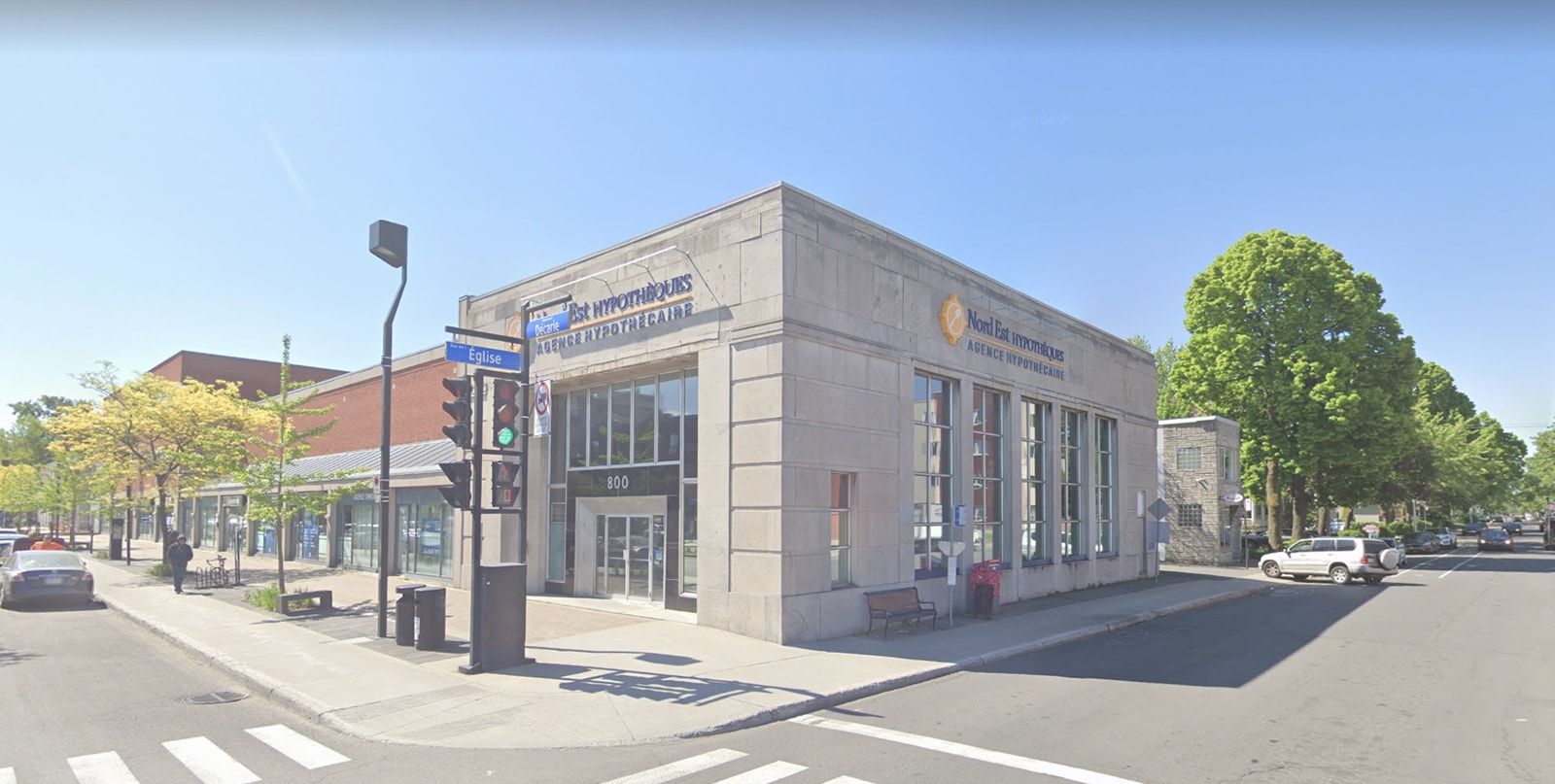Mortgage fraud is something that can land you in a heap of trouble, both legal and financial. Getting hooked in by a mortgage specialist or broker that’s up to no good can have consequences for you and for them.
On a recent episode of CJAD’s The Real Estate Show, North East Mortgages President Terry Kilakos and his co-host Eleni Akrivos, president of North East Realties, dove into the issue of mortgage fraud, and how you can protect yourself.
“When we’re talking about fraud, the better educated you are, and the more you know, the less likely you are to be taken advantage of by unscrupulous real estate brokers and mortgage brokers and financial advisors,” Kilakos said.
To start, it’s important to know the difference between fraud and theft. Despite sounding similar, there’s an important difference, Kilakos explained.
“Theft is when you’re getting something without any consent. You’re walking into someone’s house, grabbing their TV, that’s theft. When we’re talking about fraud, consent is obtained, but it’s obtained in a deceitful way.”
Fraud comes in many forms, but one of the most common ways is when a property is sold for one price but, behind the scenes, cash is changing hands without it being reported. For example, Kilakos brought up an example of a woman whose financial advisor offered to buy the house directly from her.
The catch was that while the woman was looking to sell for $650,000, they would agree the cost was $900,000, and once the house changed hands the woman would give her buyer $250,000 so the advisor could pay off the mandated down payment without actually having to put that money down.
This is not legal, it’s fraud. The woman didn’t feel right about it, so she reported the sale, Kilakos said. From there, the advisor was fired and put under investigation, along with their partners in the alleged scheme.
To avoid situations like this, the first step is to go with your gut.
“If you’re in a transaction, and it smells fishy and it doesn’t feel right, call somebody,” Akrivos said.
It’s important to make sure the people you’re working with have their licences and are certified by the provincial governing board, the OACIQ (Organisme d’autoréglementation du courtage immobilier du Québec).
“Under the OACIQ, we have a fund that covers up to $100,000 for fraud or misappropriation of funds,” Akrivos said. “If you had a fraud case between private buyers and sellers because there were people pretending to be brokers, they are not covered.”
To make sure you don’t find yourself in a situation where you’re not covered, check the OACIQ website where they publish a database of all the province’s registered brokers. You can click on the “Check a broker’s record” on the site, and enter your broker’s name to see their professional history. If their name doesn’t come up, they’re not registered.
It’s that sort of vigilance that can keep you out of trouble.
Feel free to check up on Eleni Akrivos! Her administrative record contains “no administrative statement or disciplinary measure,” and a long list of continuing education credits. The same can be said for Kilakos.
You can always check out previous episodes of The Real Estate Show on our YouTube channel, or on the CJAD website.



